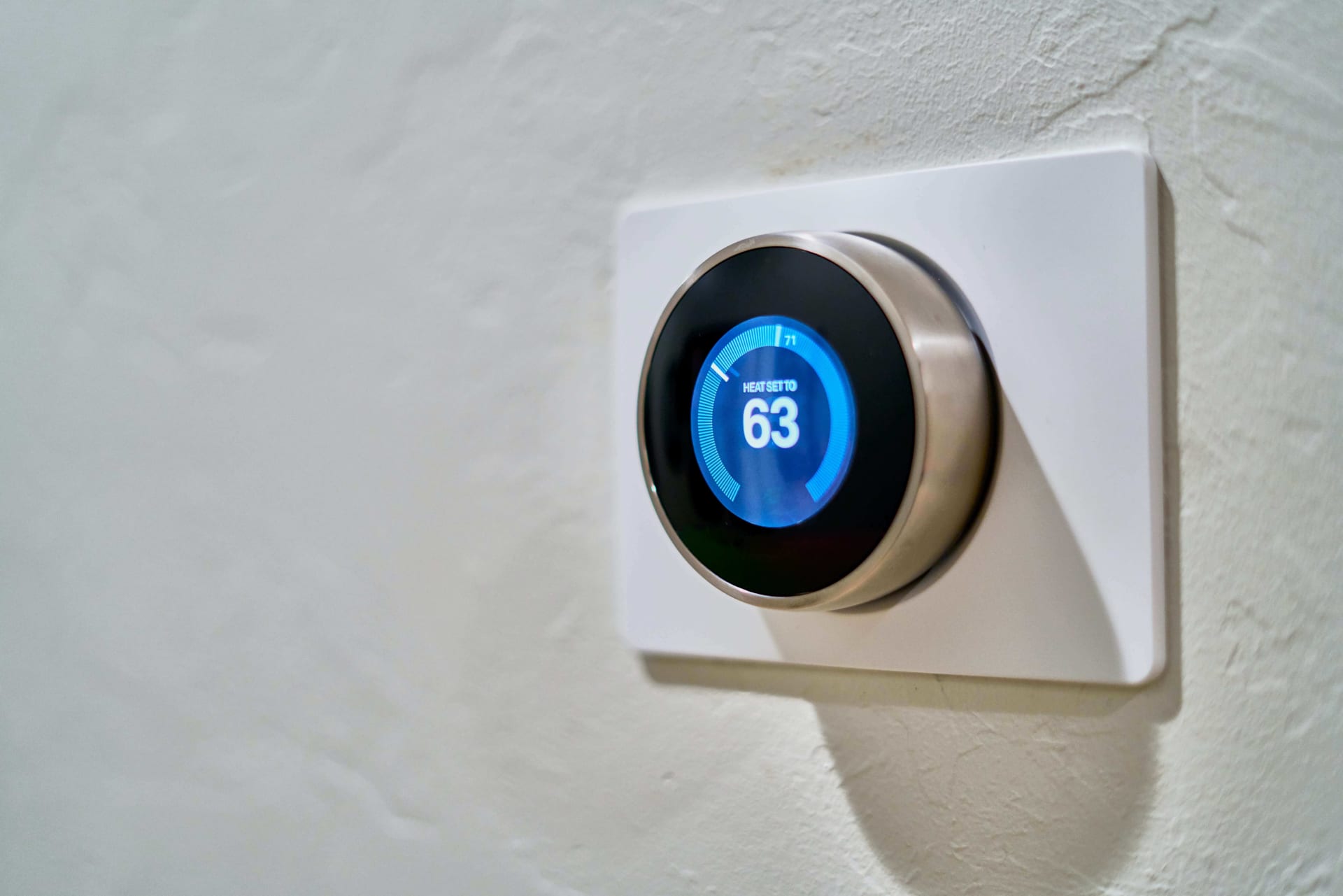Seven Ways to Save on Your Energy Bill
By Savannah Billings, Coastal Carolina University Solar Ambassador
Everybody loves saving money but one area people do not typically think of to save money is on their energy bill, but there are many simple changes people can take to save money. These seven energy saving tips not only save you money on your electricity bills but also saves electricity from being wasted. This helps the planet by lowering fossil fuel usage.
1. Turn off the lights and unplug unused electronics
A quick and easy way to minimize your electricity bill is to turn off your lights and unplug unused electronics. The energy used when electronics are plugged in but not in use is called phantom or vampire electricity. When the average charger is not being used but is still plugged in it can consume 0.26 watts of energy. In total, vampire energy can account for 10 percent of your electricity bill. Switching to LED light bulbs will also save you money on your electricity bills.
2. Use appliances during the off peak hours
Peak hours refers to the time during the day when consumer demands are high and many consumers are using electricity which costs the utility and the consumer more. Using high energy appliances during off peak hours will save you and the utility money. Most utility companies have their peak hours listed on their website or you can call them and they will let you know.
3. Weatherize your home
You can weatherize your home by sealing your doors and windows to keep the heat in your house during the winter and the cool air in during the summer. You can also weatherize your house by sealing your windows, cleaning and checking your air ducts for leaks, and installing an insulated tank wrap on your water heater. Another way that is more costly up front but beneficial in the long run is to add proper installation to your whole house including your basement and attic.

4. Install a programmable thermostat
Programmable thermostats allow you to set specific temperatures for certain times of the day. This allows you to set the thermostat to keep your house hot or cold without wasting excess electricity. For example, during warmer weather it is more energy efficient to precool your home during off-peak hours and turn the air conditioner back up during peak hours. With a programmable thermostat you could have this preset so you do not have to worry about it but still save money. You can also install “smart” programmable thermostats that allow you to control your thermostat from your phone allowing you to lower the temperature in the winter and increase it in the summer to be more energy efficient when you are not home. Three to five percent more energy is used by your home for every additional degree that the thermostat is raised from 68 degrees fahrenheit.
5. Use energy efficient appliances
Energy Star appliances meet energy-efficient guidelines set by the EPA. A wide range of appliances are Energy Star certified including refrigerators, televisions, stoves, air conditioners, and washer and dryers. Energy Star appliances use far less energy than standard appliances and can save you up to 30 percent on your electricity bill. The most sustainable way to switch to Energy Star appliances is to replace your appliances as they break and you use through them.
6. Perform an Energy Audit
An energy audit involves hiring a professional to come into your home and evaluate where energy is being wasted or used inefficiently. Audits can be performed by public utility companies, energy service companies, or the state Energy Office. You can also perform an energy audit yourself. The US Department of Energy has a helpful guide to do it yourself.
7. Going Solar
Although the upfront cost of going solar is high, many people qualify for tax breaks once they install solar panels on their home. By going solar you produce your own energy, providing energy freedom and savings on your electricity bill. Utilities in 38 states and Washington, DC have some form of net metering that allows consumers to receive credits for the excess energy that their solar panels produce but they do not use. This is another way that solar can save you money on your energy bill.
About the Authors



